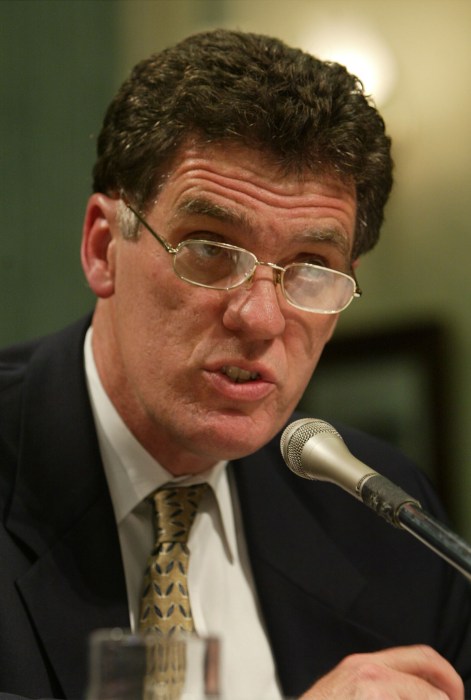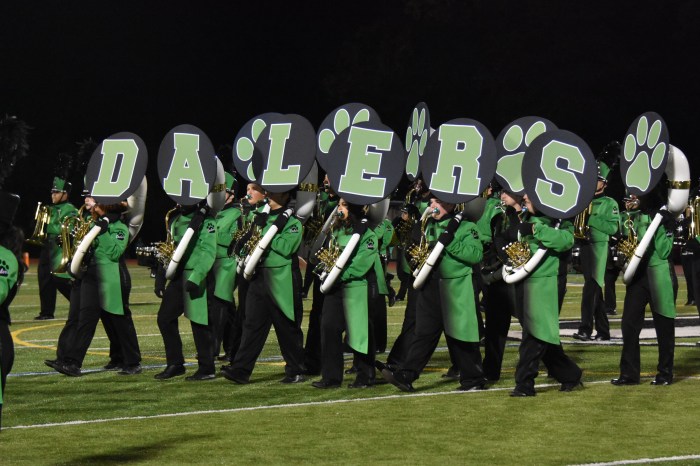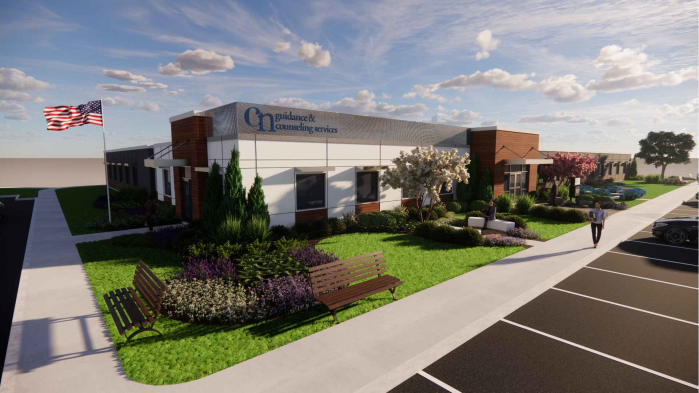Long Island community brings home fallen Marine
Editor’s note: The following is an essay submitted by Andrew Keen about his father Constantine Keen. This is part of a series of essays, which were submitted by our readership for the Anton Newspapers Military Heroes Essay Contest with the American Airpower Museum of East Farmingdale and The Collings Foundation. Essay winners recently flew in historic aircraft stationed at the American Airpower Museum.
My dad, Constantine (Gus) Keen, was a young teenager sitting in a theatre with a bunch of his buddies when the movie was interrupted by the announcement that the Japanese had attacked Pearl Harbor. He and his friends, who were all underage to enlist, decided that they’d forge their birth certificates and join the service.
Although his friends changed their minds, my dad bought “ink eradicator” and crudely covered over his birth date, Jan. 1, 1925, and made himself a year older. He also changed his birthday to one he’d remember if questioned, the fourth of July.
He went to a local recruiting office and because he was enamored with the British Royal Air Force (the “RAF”) he told them he wanted to fly.
My dad didn’t quite make it as a fighter pilot and ended up as gunner in a B17 bomber, the “Flying Fortress.”
After training in Montana and after a short stint in Northern Africa he flew to what would be his wartime home, Foggia, Italy. He was a member of the 15th Air Force, 2nd Bomber or Bombardier Group, 429th Squadron.
He flew 50 missions, mostly bombing Nazi military facilities. The reward from returning alive from a bombing mission was a shot of whiskey. He spoke with gratitude of the fighter planes, which included the Tuskegee airmen, who provided cover for his bomber group. This was obviously well before the type of precision bombing used by our Air Force today.
The bombers of WWII needed to fly low, through flack fired by the enemy on the ground so that they could visually locate and hit their target. On some of the longer flights, their fighter escorts didn’t have the fuel capacity of the much larger B17 and, at some point, needed to turn back leaving the bombers unescorted and with little defense to enemy fire. On two occasions my dad’s plane was shot down.
On one occasion he and his crewmates parachuted out and were hidden from the enemy by sympathetic Italian farmers until Allied Forces could rescue them.
On the second occasion they crash-landed and I believe were rescued by Yugoslavian soldiers. He was young and admittedly scared and on the flights where he was positioned in the “belly of the bomber,” the ball turret, he’d look for pieces of scrap metal at his base that he could position underneath him for added protection from the enemy fire below.
Upon returning home, still a very young man, my father became one of the first Greek Americans to run for office in the State of New York. He narrowly lost his bid as a Democratic insurgent candidate to unseat the incumbent for the State Assembly seat in Astoria.
Although after the war he vowed never to fly again and had a height phobia he spent his adult life flying around the world arranging financing deals as a senior executive for a Fortune 500 company.
Like most of the heroes of his generation, he rarely spoke of his war experience. In fact, I learned most of what I know only when he shared it with me in his last days fighting a losing battle to cancer.
He passed away on Jan. 15, 2009 leaving a wife of 58 years, two children and three grandchildren who miss him to this day.
**************
A Tribute To Marine
Corps Lance Corporal
Gregory Buckley, Jr.
The following essay was submitted by 1st Vice Commander Philip Strehl, of the Hugh C. Newman Post 449 in Farmingdale, about Marine Corps Lance Corporal Gregory Buckley, Jr., 21, of Oceanside who was killed on Aug. 10, 2012 while serving in Afghanistan.
I parked off Davidson Avenue not far from Long Beach Road. The heavy traffic slowed further by the sight of fire trucks, their towers jointly flying the American flag. People lining up at the south end of Vanella’s Funeral Chapel’s parking lot extending to the door.
I joined those at the end of the line as the numbers constantly grew. There were other members of veteran groups and the Oceanside community with many young people wearing buttons with the face of Gregory on their black shirts and dresses.
Few words were spoken. No one complained about the hot sunny day. Family members and special guests including Police Officer Steven MacDonald, involved in a New York City shooting and paralyzed for life, entered through another door.
The air conditioning was a welcome relief as we entered the foyer and were directed to a hallway outside the viewing room where a young Marine lay in uniform.
Lance Corporal Gregory Buckley, Jr. killed in an act of betrayal, not in combat with the means to defend himself, but in a safe area. His only body armor, a pair of gym shorts. The tattoo of his name in large letters on his pack, the only target this young assassin needed to shoot Gregory and two other Marines dead, a fourth seriously wounded.
While waiting to enter, Gregory. Sr. approached us and in a quiet voice asked us to join him in a rear room. On the wall a TV featured the life of LCpl Buckley in family photos. One by one pictures of a young boy growing into manhood, a boy in loving shots with his mother, others with friends, schoolmates, his surf board, then one in his Marine uniform.
The sound of background music on the tape mixed with anguished cries and sobs of Mrs. Buckley. Tears welled in the eyes of those in attendance. Through the presentation Gregory, Sr. stood nearby. I watched his expression change at the progression of photos.
Suggesting a memory here and there of good times, a happy family occasion or a moment only a father can feel, filled with pride, the love for this son, his first, ever in his eyes. Finally he had enough.
Mrs. Buckley left in tears as Gregory Sr. addressed those in the crowded room. His voice breaking at times became surer; grief became anger – “Bring them all home! End this nightmare. No parent should have to face this!” He continued his remarks by asking everyone to help end this war.
Back down the hall and about to enter the viewing room I met Mr. Buckley. He looked at my American Legion hat, we shook hands, our eyes met and without words, we both knew what was in our hearts.
A moment at the coffin of LCpl Buckley, a hand salute, placing a memorial poppy beside him, I turned and walked away leaving the chapel.
There would be a funeral mass at St. Agnes in Rockville Centre. More crowds, fire trucks, flowers, Marines in dress uniforms, mourners for Gregory – the first son.
I decided to pass on St. Agnes. Just the week before my son had been the best man there at his friend’s wedding. Instead, I made my way to the national cemetery, Pinelawn.
The procession arrived after 4 p.m. Saturday – the hearse, family, patriot guard riders on their motorcycles, scores of mourners in a caravan of cars, the Marine Color Guard. The firing squad fired their three volleys, Taps was played, those in attendance saluted as the flag was folded.
There was prayer and words of sorrow. More tears. Later as I passed the cemetery gates I thought of remarks made by another old soldier, a much higher rank, General Douglas MacArthur in his farewell speech at West Point 50 years ago said, “The soldier, above all other people, prays for peace, for he must suffer and bear the deepest wounds and scars of war.”
It was three years ago, another August day, we bid farewell to another Marine, Lance Corporal James Augustine of Farmingdale. Please keep all the troops in your prayers and work to bring them home safely.




























